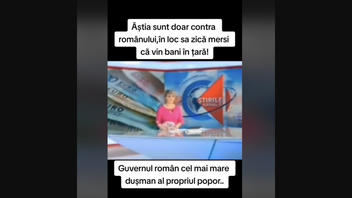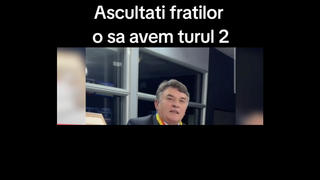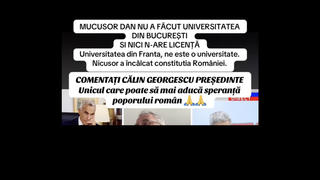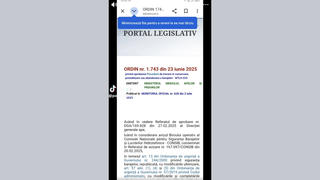
Has the Romanian government announced a policy where Romanian citizens living abroad risk having remittances exceeding 2,000 euros confiscated if they fail to provide the required documentation? No, that's not true: Romania has treaties with many countries to avoid double taxation. Although a draft law was proposed for public discussion in 2018 to monitor remittances as a measure against money laundering, it did not include any provisions for the confiscation of funds.
The claim originated from a video (archived here) published on TikTok by user @romania.tradata.vanduta on September 28, 2023, with a caption (translated from Romanian by Lead Stories staff) that read:
They are against Romanians, instead of saying thank you that money is coming into the country. The Romanian government is the worst enemy of the Romanian people.
The author claims:
Romanians living abroad, who are sending remittances back home will no longer be able to do that. For sums larger than 2,000 euros, people will need to provide documentation, otherwise, the state will confiscate it.
This is what the post looked like on TikTok at the time of writing:

(Source: TikTok screenshot taken on Mon Oct 9 08:42:51 2023 UTC)
According to Romania's National Agency for Fiscal Administration, the country has treaties with a long list of countries to avoid double taxation. Therefore, individuals receiving income from overseas are obliged to report it in their tax declaration. They must also determine and pay the relevant taxes, following the method to prevent double taxation described in the Double Taxation Convention as specified in the Fiscal Code.
In 2018, the National Office for the Prevention and Combating of Money Laundering (ONPCSB), a Romanian institution, put into public debate a draft law stipulating that any bank or money transfer service has the obligation to send the report within a maximum of three days for any remittance of money greater than 1,000 euros. The office announced that the legislative initiative was related to European legislation in the field of combating money laundering, but no update on this proposal has been made since.
After the publication of this proposal, questions emerged about the feasibility of the state's plan to implement such a detailed system for monitoring all these financial transactions. Also, the term "confiscate" was used incorrectly, as the draft law aimed to enhance the transparency of money transfers, without any indication of the state intending to confiscate the funds.
In terms of its domestic population, Romania has one of the largest diaspora populations in the world, and recent statistics indicate that in 2021, Romanians remitted over $9 billion back to their home country.
















